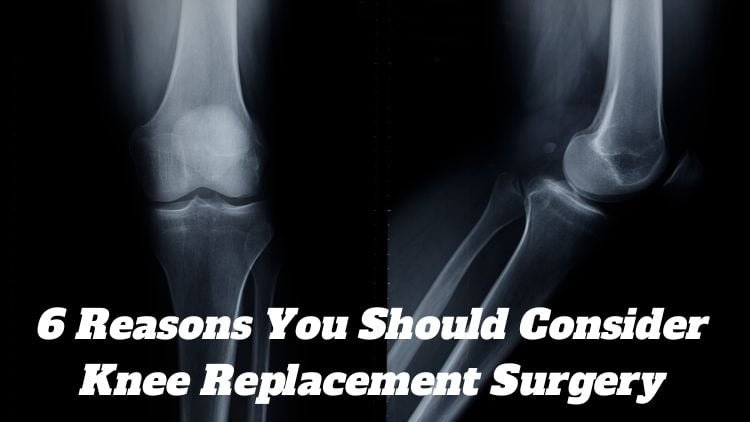Arthritis is a term used to describe inflammation of the joints, which can cause pain and discomfort. Here are 15 tips that may help you manage your arthritis pain:
- Exercise regularly: Regular physical activity can help reduce pain and stiffness in joints affected by arthritis. It can also improve flexibility and strength, making it easier to perform daily activities.
- Use hot and cold therapy: Applying heat to joints can help relieve stiffness and pain, while applying cold can help reduce swelling and inflammation.
- Maintain a healthy weight: Extra weight puts additional strain on joints, particularly those in the hips, knees, and feet. Losing weight can help reduce the amount of stress on these joints, reducing pain and improving mobility.
- Try over-the-counter pain relievers: Over-the-counter medications, such as acetaminophen or nonsteroidal anti-inflammatory drugs (NSAIDs), can help relieve mild to moderate pain caused by arthritis. Note: follow the instructions on the label or talk to your doctor.
- Get enough sleep: Getting enough sleep is important for overall health, and it can also help manage pain caused by arthritis. Get seven to eight hours of sleep per night. It may also help to establish a regular sleep routine and create a comfortable sleep environment.
- Use assistive devices: Assistive devices, such as canes, walkers, and grab bars, can help reduce stress on joints and make it easier to perform daily activities. These devices can also improve balance and stability, reducing the risk of falls.
- Try complementary and alternative therapies: Some people find relief from arthritis pain using complementary and alternative therapies, such as acupuncture, massage, or herbal supplements. Talk to your doctor about these options and whether they might be right for you.
- Eat a healthy, balanced diet: A healthy diet can help manage arthritis pain by reducing inflammation and providing the nutrients needed for joint health. Aim to eat a variety of fruits, vegetables, whole grains, and lean proteins, and avoid processed and sugary foods.
- Quit smoking: Smoking can increase the risk of developing certain types of arthritis, and it can also make symptoms worse. If you smoke, talk to your doctor about ways to quit and get support to help you succeed.
- Manage stress: Stress can worsen pain, so it’s important to find ways to manage stress and relax. This can include activities such as meditation, deep breathing, or exercise.
- Protect your joints: Take steps to protect your joints from further damage. Avoid activities that put excessive strain on your joints, and use good posture and proper body mechanics to avoid stressing your joints.
- Don’t ignore your symptoms: Don’t ignore your symptoms or try to “tough it out.” Talk to your doctor if you’re experiencing pain, stiffness, or other symptoms of arthritis. The earlier you get treatment, the more effective it can be in managing your condition.
- Find support: Living with chronic pain can be challenging, and it’s important to have a support system to help you through it. So, get help from friends and family whenever needed.
- Take control of your treatment: Work with your doctor to develop a treatment plan that works for you. This can include medication, therapy, assistive devices, and other strategies. Be an active participant in your treatment, and don’t be afraid to ask questions or express concerns.
- Stay positive: It’s normal to have ups and downs when living with chronic pain, but it’s important to stay positive and focus on the things you can control. Set goals for yourself, celebrate your accomplishments, and surround yourself with supportive people.
If your symptoms are persistent or worsening, be sure to see a specialist and start the best arthritis treatment in Kolkata.
As a first step, the doctor will make a thorough diagnosis. And based on the diagnoses, will outline a proper treatment plan. For instance, if you have rheumatoid arthritis, you would be on a specific best rheumatoid arthritis treatment Kolkata.
In the end, staying in touch with your doctor and seeking their help throughout is important.










